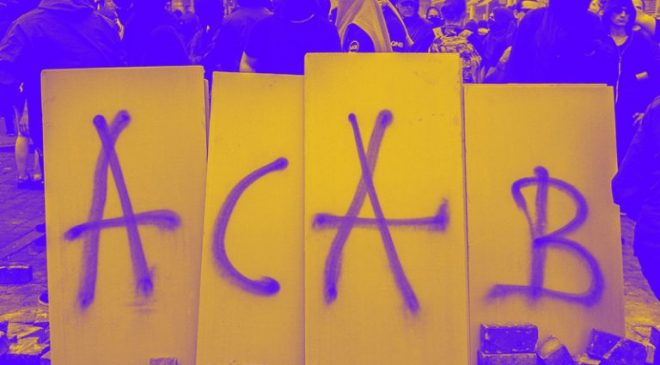The magnitude of anxiety seems to be equal to the delta between expectations and self-assessment.
That means there are two variables to work on to reduce anxiety. Expectations and assessment.
On the expectations front, sometimes it helps to step back and remind yourself that you owe nothing to anyone, status in the eyes of others is a distraction, and there are really only a few things that matter.
It’s good to have expectations that exceed current reality. The discomfort it creates is the necessary impetus for action and progress, without which life is really depressing. But expectations can’t be so far out of reach that they leave you hopeless.
Self assessment is a bit trickier. Trying to believe you are closer to your expectations is tough. The old positive thinking stuff doesn’t work very well. Just telling yourself you are good isn’t super effective if your subconscious doesn’t believe it. Your inner self needs evidence along with intention. One of the best ways to raise your self assessment is to pair positive thoughts with small tangible accomplishments. Just bite sized bits of progress along the dimension of who you want to be.
Reducing the gap between expectations and self assessment is the key to anxiety reduction.




